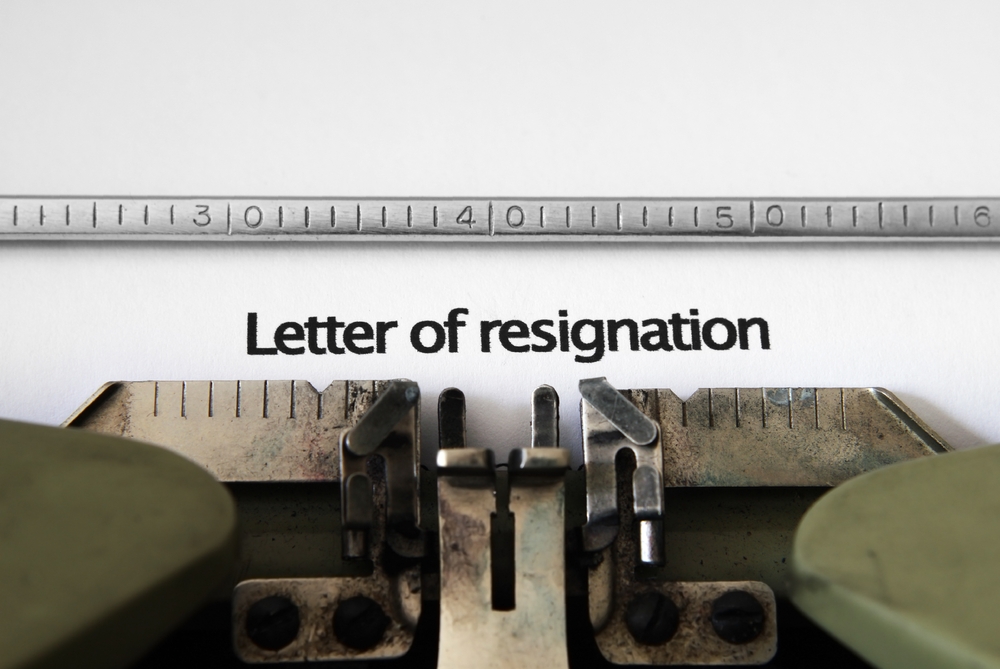Nevada’s higher education chancellor Melody Rose resigned in a tension-filled meeting held on Friday, and the Board of Regents is facing heavy criticism from students as well as both former and current regents for catalyzing it.
The resignation shortly followed an investigation regarding a complaint which Rose filed last year, citing the chair and vice chair of the board and their alleged gender discrimination, retaliation and intimidation. Rose said these things were orchestrated in order to get her to quit. While investigators found inadequate evidence to support her claims, they did however note the board had behaved unprofessionally, had political factions within it, and possibly transgressed ethically. The resignation takes effect immediately, and falls just 19 months into Rose’s four-year contract.
Regents agreed after a 9-4 vote on Friday to let Rose go, giving her a $610,000 severance, which makes up less than two years of her $437,750 base salary. According to the agreement, Rose and the regents are barred from issuing comments which disparage “the honesty, integrity, ethics, or professional competence and reputation of one another.” This same agreement also releases the latter from further claims made against the board.
Students addressed the development while the public comment period preceding the vote was on, and said that they felt “disappointed” and “heartbroken”.
“I feel as though the truest advocate for students is leaving us,” said UNLV’s undergraduate student government student body president Caren Yap.
Regent John Moran III too was among those who had praise for Rose and blame for the board over having to find the sixth chancellor to be the leader of Nevada’s higher education system since 2016.
“I know unequivocally it is a very sad day for many people in the state of Nevada that are either involved in higher education or not,” Moran said, adding, “As regents, we have all failed the system…We have all failed the state and everyone associated therewith. … We are drivers of workforce development and we have failed tremendously. We have failed ourselves as well.”
According to Moran, the board needs to quit micromanaging the Nevada System of Higher Education, and “hire the best and then get out of their way and let them do their job.”
Las Vegas Chamber of Commerce CEO and president Mary Beth Sewald, who was a member of the search committee that agreed on hiring Rose, called Friday’s vote an “embarrassment.”
“I can attest that she was a supremely qualified candidate,” she said. “Your actions are damaging the reputation of the entire state.”
Former regent Lisa Levine asked AG Aaron Ford to extensively investigate the board, said of the system that it is “broken”, and that “this body cannot be trusted.” She called the affair the “greatest example of government waste.”
The votes favoring Rose’s resignation were those from Regents Chair Cathy McAdoo, Jason Geddes, Joseph Arrascada, Laura Perkins, Byron Brooks, Patrick Boylan, Mark Doubrava, Vice Chair Patrick Carter, and Moran, with the last of these clarifying his favoring vote was cast only because Rose wished to resign.
Boylan stated he was in favor of Rose’s resignation; however, he didn’t wish to give the severance payout. According to him, if NSHE had been a normal business, then Rose would have been terminated from her job “the first day for what she did.”
Regents Amy Carvalho, Donald Sylvantee McMichael Sr., Lois Tarkanian, and Carol Del Carlo voted no.
Rose was on vacation while Friday’s meeting happened, although she does have seven days to retract her resignation if she wants to, according to special counsel William Peterson.
Crystal Abba—Vice Chancellor of Academic and Student Affairs—is set to assume leadership and hold it while McAdoo interviews faculty senate chairs and presidents to get recommendations for an interim chancellor.
In February the board had voted to go by the investigation results and reinstate Carter and McAdoo to their positions (the two had stepped down following the launching of the investigation). There was advice from the legal counsel to not vote, and so avoid the filing of an ethics complaint; however, several of the regents who were named in the complaint voted to conclude the investigation.
Rose had in the past drawn criticism from some of the regents for matters such as implementing COVID-19 mandates on college campuses run by the state. The latter, according to some regents, was a decision arrived at without consulting them first.
Andrew Clinger, the chief financial officer of the regents, answered a question from Brooks, saying the severance funds are to come from more than one source inside the system administrator budget. Clinger was not able to say for sure if the payout would impact student fees.
Gov. Steve Sisolak, a former regent, said at a Wednesday press event that he was disappointed in the resignation. “I’m a big supporter of Chancellor Rose,” he said. “I think she’s done a great job.I think that’s one of the problems that we have in our education system. We’ve got a chancellor and superintendents of public schools dealing with elected school board members and regions that sometimes don’t understand the overall impact of decisions that are made.”
Sisolak showed concern regarding the $610,000 buyout, and said the state does not have adequate funding for higher education. “But also, we need to put personalities aside and do what’s in the best interest of students. And sometimes I think we lose sight of that,” he said.
When still among the regents around two decades ago, he had recommended reducing the board’s size.
“I wanted to go to seven or nine,” Sisolak said. “Thirteen, I think, is just unwieldy. It’s too many people that are on that board. I think that we need people with a certain amount of expertise that are on that board. It’s become far too political … so I would be in favor of revamping the way that those members are chosen and elected.”
